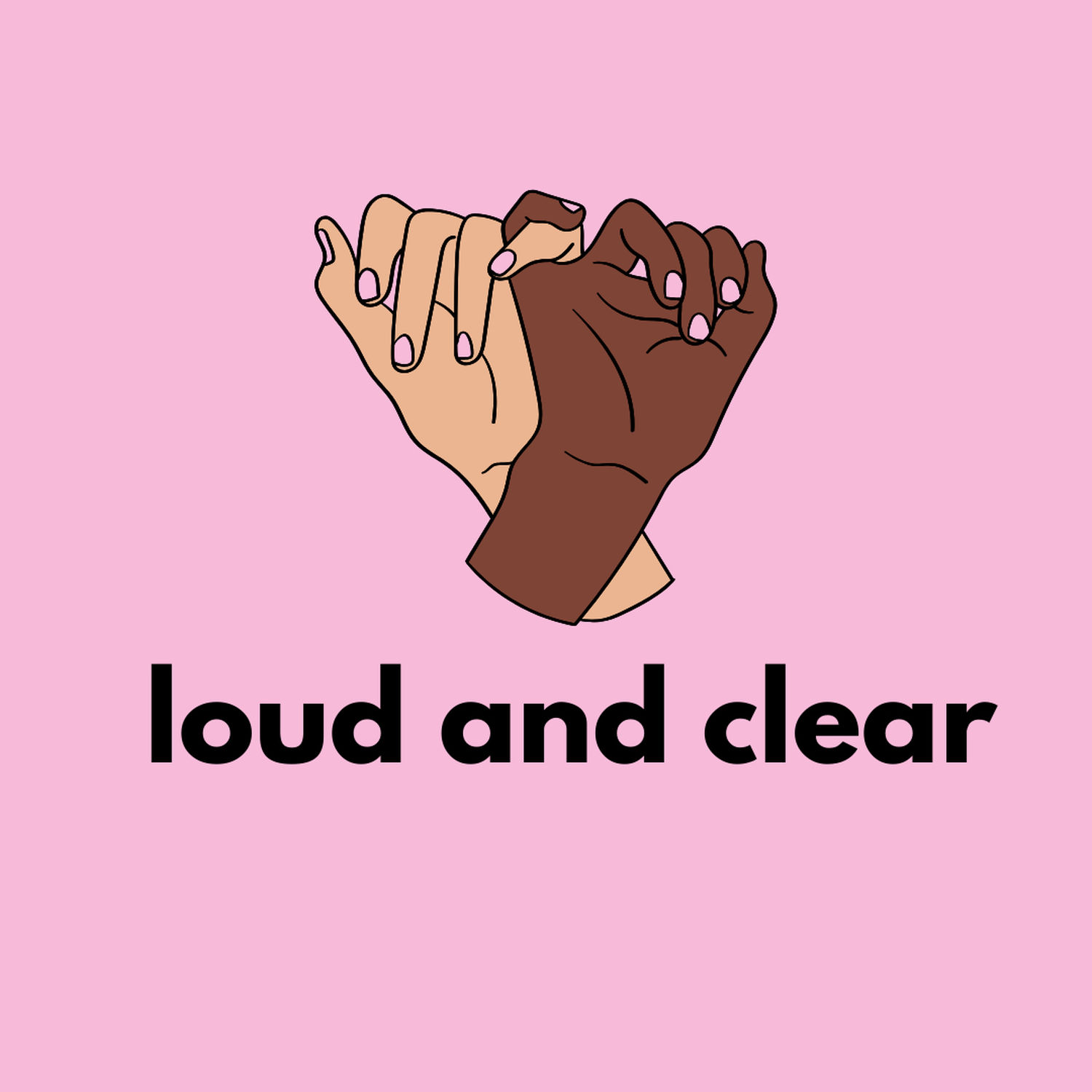Content Note: This article contains detailed discussion of sexual violence.
The portrayal of sexual violence on screen tends to fall into one of two categories. Often sexual assault is trivialised as a plot point, symbolism, or is justified as an attempt to achieve “historical accuracy” (looking at you, Game of Thrones). This rarely focuses on the actual trauma of sexual violence on an individual level, or its aftermath, in any meaningful sense. Alternatively, violation of consent is shown within the narrative but not problematised. There’s a troubling history of teen comedy films, such as Sixteen Candles, depicting scenes of non-consensual sexual activity, which is to say assault, but don’t acknowledge it as such. All instances tend to revolve around limited understandings of assault: a woman, often white, is violently assaulted by a man.
“Coel explores consent beyond the binary of yes/no and focuses on the personal trauma of sexual violence.”
However, TV shows have been increasingly challenging these ideas and none more so than I May Destroy You. Written and directed by, and starring, Michaela Coel, the plot follows young writer Arabella, as she deals with the traumatic reality that she was drugged and assaulted on a night out. Weaving together the storylines of Arabella’s friends, Terry (Weruche Opia) and Kwame (Paapa Essiedu), Coel explores consent beyond the binary of yes/no and focuses on the personal trauma of sexual violence. The show is messy, harrowing, funny, uncomfortable — and unlike anything else on TV.
Having originated from Coel’s own experiences of assault, I May Destroy You broadens to deconstruct typical understandings of sexual violence. “So many people have a story around sexual consent,” Coel explains in an interview. The show explores some of the many forms this can take. One scene involves “stealthing” — where one partner removes a condom during sex without the consent of the other — which is legally classified as rape under UK law, but is too often disregarded as an act of assault.
In another scene, Terry consents to a threesome on the assumption that it was spontaneous. Her discomfort upon realising that it was planned by her two male partners explores how withholding information affects consent. When Kwame makes a police report about his assault, the officer is visibly uncomfortable and dismisses his case. Kwame had used Grindr and previously consented within the same sexual encounter, and the police officer’s reaction is indicative of how sexual violence within queer relationships and against men is marginalised.
I May Destroy You is brutally realistic in its portrayal of the aftermath of sexual violence, which rarely makes it onto our screens. Trauma is nonlinear and complex. Faced with flashbacks to her assault, Arabella tries to rebuild her life and sense of self through therapy and talking groups, but also through increasing reliance on her online audience and self-destructive tendencies. Like Kwame, Arabella reports her experience to the police. Although her case is taken on, the experience is similarly unsatisfactory. After nine months, the police ask if she would like her belongings back as they are unable to take her case further. Both experiences are representative of the 98.6% of reported rapes in England and Wales which do not make it to court.
"I May Destroy You rejects any black and white, moralising judgement. The show treats issues like consent and sexual violence with all the messiness and nuance that they merit.”
Most powerfully, I May Destroy You rejects any black and white, moralising judgement. People are complex. Although a survivor of assault herself, Arabella trivialises Kwame’s experiences, not seeing him as vulnerable in the same way. The show treats issues like consent and sexual violence with all the messiness and nuance that they merit. The final episode plays out three potential scenarios of how Arabella’s assault could have ended differently, but it ends on an uncertain note, unwilling to confine trauma and its depth within a mere twelve episodes. The medium of film and TV encourages neat and tidy endings, heroes and villains. Michaela Coel rejects this unabashedly, ringing true to the reality of sexual violence and trauma.
Yet, it seems there is still progress to be made. Where I May Destroy You explores consent with sharp wit and nuance, another of 2020’s huge hits, Bridgerton, falls back into the industry’s bad habits in its failure to acknowledge assault. Generally described as a Regency-era Gossip Girl, Bridgerton focuses on the classic “fake relationship to lovers” trope that plays out between Daphne, a debutante, and Simon, the Duke of Hastings. While the show is hailed for its portrayal of female sexual pleasure, one scene shows how sexual boundaries are violated within their relationship.
The Duke had consented to sex with Daphne on the condition of the ever-reliable method of “pulling out”. With virtually no sex education, Daphne believed that the Duke was unable to have children. When she suspects he has been misleading her, she tests her theory by continuing to have sex with him while he calls out for her to stop, twice. One of the key elements of consent is that it can be withdrawn at any point: Daphne ignores the Duke’s boundaries and withdrawal of consent, making this a clear instance of assault.
What is less clear, however, is whether the writers were aware of this. If anything, Daphne’s violation of the Duke’s consent is seen as a power move, and the fallout from this scene focuses on her experiences of betrayal. While the show devotes much time to the problem of Daphne’s lack of sex ed, the absence of any discussion about how she violates the Duke’s boundaries feels glaringly obvious. The Duke withholds information, yet this doesn’t excuse Daphne’s actions. What could have been a nuanced and powerful discussion about mutual betrayal, the importance of informed consent, and the aftereffects of sexual misconduct within a marriage, never materialises.
“What could have been a nuanced and powerful discussion about mutual betrayal, the importance of informed consent, and the aftereffects of sexual misconduct within a marriage, never materialises.”
This is troubling for many reasons. Sexual violence within a marriage, or indeed a relationship, is often taken less seriously because of implied previous consent. Marital rape was only criminalised in England and Wales in 1991. Additionally, as seen in I May Destroy You, male survivors of sexual violence face huge stigma in coming forward about their experiences. The conventional sexual assault survivor in public imagination is a woman and Bridgerton fails to explore the impact of when that is not the case. Moreover, as Aja Romano points out, Black men are more often scapegoated for sexual violence, marginalising Black male victims of sexual assault.
Alas, in Bridgerton, classical music covers of Taylor Swift conquer all, and by the end of the season this scene remains unaddressed. To see Netflix’s “biggest series ever” trivialise rape when it doesn’t fit the typical understanding of who is affected by sexual violence, is not only disappointing, but contributes to a victim-blaming culture where male survivors of sexual assault are less likely to be taken seriously. With the announcement of a second season, I hope themes of consent and sexual violence are addressed with more nuance in the future.
What links I May Destroy You and Bridgerton, regardless of their handling of sexual violence on-screen, is their use of intimacy coordinators on set. After the #MeToo movement and the exposure of industry-wide sexual misconduct, an increasing number of film, TV, and theatre productions hire trained intimacy coordinators in order to ensure the safety of actors involved. Among these are Normal People and Sex Education, both released within the last two years, which have also been praised for normalising vocal consent within relationships and providing models for what this looks like in practice.
The depiction of sexual violence itself varies, but ground-breaking and subversive shows like I May Destroy You have brought narratives which don’t generalise or simplify the issue of consent to the forefront of media. Portrayals of sexual violence that explore its nuances and complexity rather than being subsumed by plot or symbolism, or indeed ignored altogether, will continue to be vitally important, and their foundations have been laid.
If you are affected by any of the issues in this article, support resources are provided below:
The university procedure on reporting sexual assault and misconduct
The university’s list of external support for students who have experienced sexual misconduct
https://www.rainn.org/articles/tips-survivors-consuming-media
This article was written by a member of Loud and Clear, a campaign group working to address issues of sexual assault and harassment within Cambridge, as part of Sexual Abuse and Sexual Violence Awareness Week (1st-7th February 2021).


